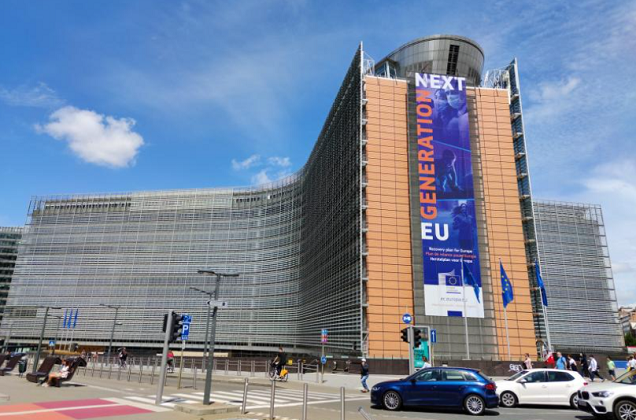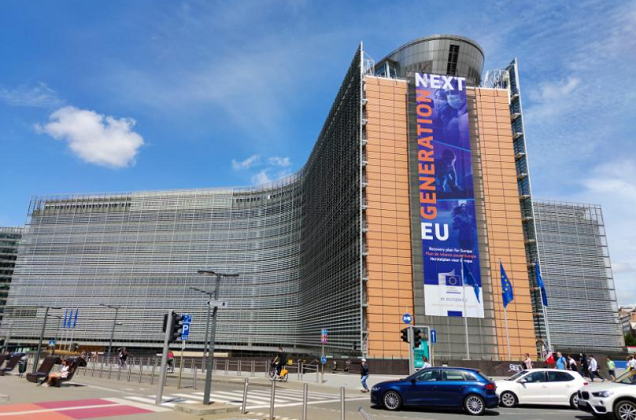07/07/2022
A new report by RESISTIRÉ project, which is represented by Sabancı University Gender and Women's Studies Center of Excellence (SU Gender) in Turkey, takes a close look at National Recovery and Resilience Plans (NRRPs), which Member States had to submit to access the NextGenerationEU funds. NextGenerationEU is a €800 billion recovery plan to help repair the immediate economic and social damage caused by the coronavirus pandemic.

New RESISTIRÉ report on policy mapping: Post-Covid National Recovery and Resilience Plans lack concrete solutions to tackle gender inequalities.
It highlights that few measures have been taken to mitigate gender inequalities. When available, such measures are mainly found in the area of work, education and care. There is a striking lack of measures in other areas, such as power-sharing (decision-making and politics) and gender-based violence.
The plans have now been approved, but it is not too late to include a gender perspective in their implementation and monitoring. This is crucial for the EU to achieve gender equality.
Gender equality has been set as an objective, but few NRRPs actually address it
The regulation establishing the NRRPs framework stipulates that “gender equality and equal opportunities for all, and the mainstreaming of those objectives should be taken into account and promoted throughout the preparation and implementation of recovery and resilience plans”.
RESISTIRÉ report shows that this orientation has been poorly translated into practice. In most cases, gender issues are mainly relegated to the level of a general reflection or a description of the context, without being linked to concrete solutions.
Furthermore, gender is often considered in isolation, rather than in combination with other characteristics (such as age, social class, ethnicity, etc.). Without a framework that acknowledges intersectional experiences, policies may fail to adequately tackle gender inequalities.
The plans also incorporated stereotypes: women's access to the labour market, lower wages or difficulties in career progression would simply be due to a lack of skills and education or the need to learn (male) management skills.
It is time to include women’s perspectives in the implementation of the NRRPs
The project of RESISTIRÉ aims to understand the social, economic, political, and environmental impacts of the COVID-19 outbreak and its policy responses on existing inequalities in 31 countries (EU-27 plus Iceland, UK, Serbia and Turkey) and to work towards individual and societal resilience. This is achieved by mapping and collecting data, and by analyzing and translating these insights into solutions to be deployed by policymakers, stakeholders and actors in the field in different policy domains.
The first cycle of the RESISTIRÉ project showed that initial policy responses to the pandemic were rarely gender mainstreamed, and in only a few cases did they seek to mitigate inequalities related to gender dynamics. This new analysis does not present a much better picture of policy efforts to mitigate gender inequalities.
Although the plans have now been adopted as they are, it is crucial that the next steps include women’s perspective. By September 2022, RESISTIRÉ will launch a set of recommendations to address women’s perspectives in the implementation and monitoring of the NRRPs.




